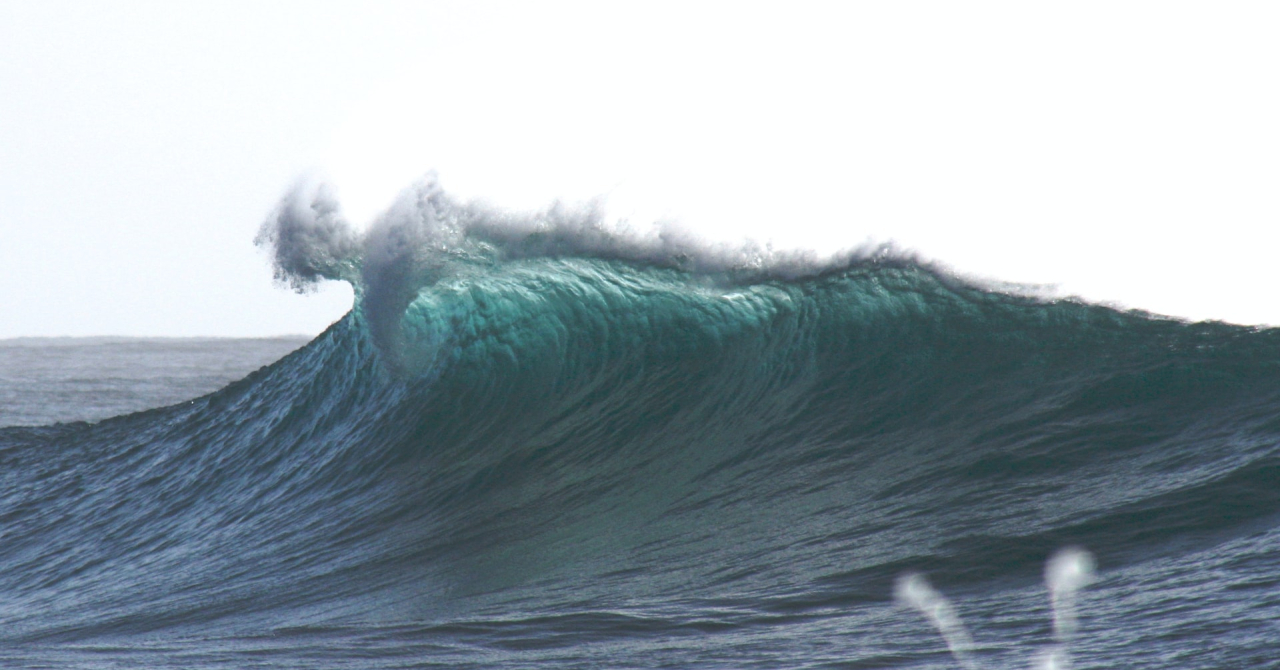It seems that our seas and oceans can be more than places where we can install offshore wind turbines and we can use that to our advantage.
Clean Tehnica reports that some engineers managed to develop new systems that can power important platforms located on seas and oceans that have the role of gathering critical information about potential incoming storms or tsunamis, for example.
Since these platforms run on batteries, companies have a few options, such as replacing the cells themselves, but at sea, this is more difficult and expensive to do than it is on land.
This is why wave-powered generators can help juice up these batteries permanently, keeping the vital sensors working uninterrupted.
The generators that would feed power to the sensors are fairly small and aren't designed to generate a ton of power, but following, bigger versions could help power things like lighthouses and observatories.
Also, in the future, these generators could feed power to coastal communities at some point in the future.
Daniel Deng, a PNNL laboratory fellow and co-developer of the new TENG device, said that "TENGs are low cost, lightweight, and can efficiently convert slow, uniform or random waves into power—making them particularly well-suited to powering devices in the open ocean where monitoring and access are challenging and costly."
The system is most effective when the weather is a little moody, which implies fast and constant waves hitting the systems, that are able to generate more power if they move more often.
"The FMC-TENG is unique because there are very few wave energy converters that are efficient and able to generate significant power from low-frequency ocean waves. This type of generator could potentially power integrated buoys with sensor arrays to track open ocean water, wind, and climate data entirely using renewable ocean energy", Deng added.
 Mihai - Cristian Ioniță
Mihai - Cristian Ioniță












Any thoughts?